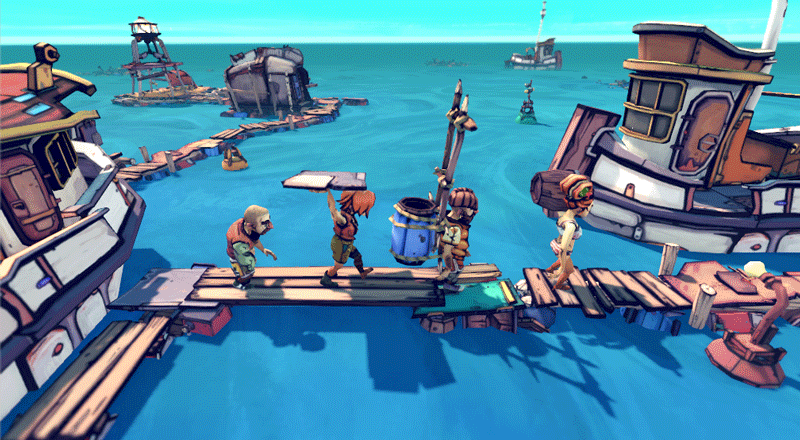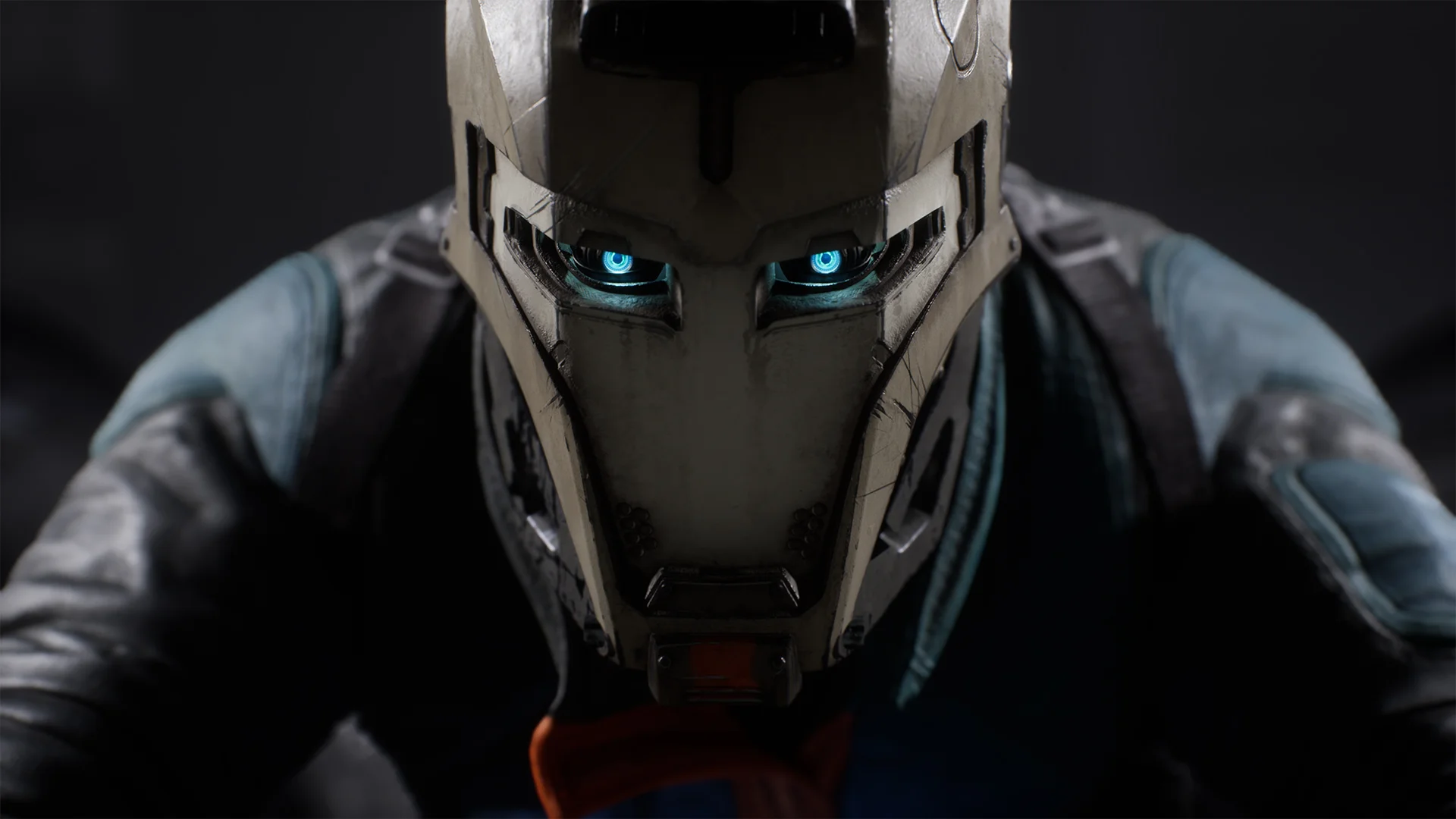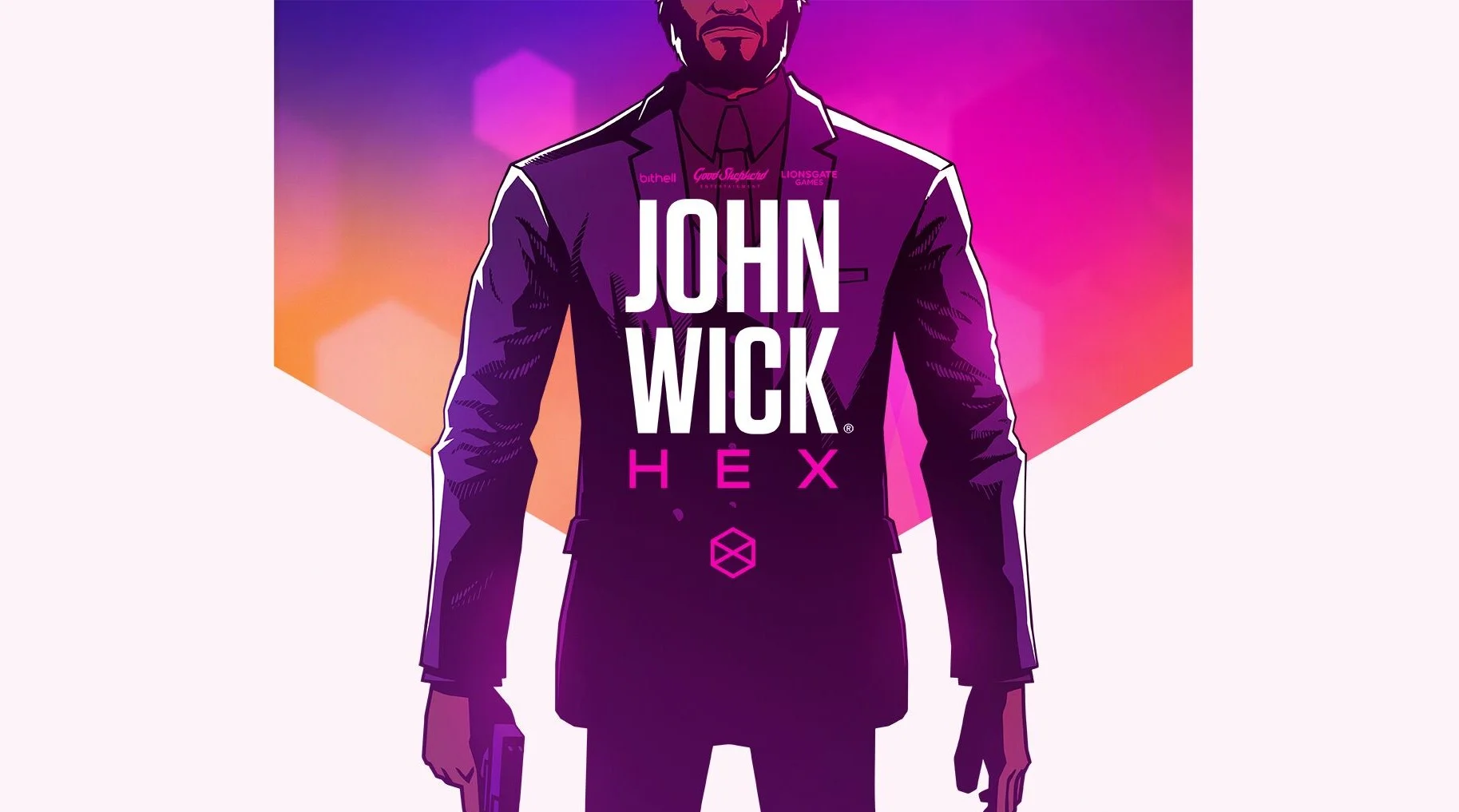Indie Highlights - Hands On: Spiritfarer and Flotsam
Spiritfarer
Thunder Lotus is the sort of studio that in another reality could have become a marque indie studio. But both their previous games have been lost in the shuffle. Jotun, their first game, came out on PC in 2015 and consoles later. Critically it performed well but never exploded into the indie game zeitgeist, despite its Viking aesthetic later becoming an industry favourite. While their second outing, Sundered, was a metroidvania with an eye catching hand drawn art style and sleek movement. But Sundered came out in 2017, a year of metroidvania-likes/lites including Dead Cells and Metroid: Samus Returns and Hollow Knight (a metroidvania with an eye catching hand drawn art style and sleek movement).
Their new game, Spiritfarer, seems to have latched on to the gaming community’s imagination though. During Xbox’s indie rundown montage at E3 this year a 2D Ghibli-quese platformer, without combat, enemies or even obstacles demanded attention. During the Nintendo Gamescom Indie Showcase it received its own trailer, which showed very little other than a young character befriending an anthropomorphic deer. So what is Spiritfarer? Part platformer, part management sim, part narrative about dying. The conceit of Spiritfarer is certainly unique. You play as Stella, described to me as a positive depiction of Charon (of the river Styx fame) ferrying the souls of the undead to the afterlife.
However this is not the usual depiction of this character; you are not the visage of death, you are not demanding payment to bring souls to their dark final rest. In fact you are not intimidating at all really. Instead you’re a kindly young girl (or her cat in co-op) and your goal is a noble one. Help the recently departed come to terms with what has happened and make their way to the afterlife.
The team said they were tired of the usual depictions of death in games as something to be fought against, a punishment. In the real world, death is an accepted part of life, when it comes it can be peaceful. Spiritfarer is a game about the work put in by someone to ensure comfort in a difficult time. As Stella, your boat is a home for the souls that can’t make their way to the afterlife for some reason or another; maybe they have something they can’t come to terms with or some unfinished business they’ve felt behind. For whatever reason they need a helping hand. Once you encounter them, they take an animal form and you begin your journey. Doing as much as you can to help them. Set up a garden with one spirit, dance with another in a storm while he plays music or go to neighbouring isles along your journey to find items important to these characters (this is also how you will gain access to more abilities). You’re less of a ferryman and more of a mayor of a barge caring for those aboard your community.
The toad plays music. THE. TOAD. PLAYS. MUSIC.
Many a comparison was made to Stardew Valley, running a boat instead of a farm. While Spiritfarer is a platformer, it is less about action and more about activities, character interactions and management. It remains to be seen if all these activities can be translated from the top down map environments of most management sims to light 2D platformer but from the brief stint of fishing I did, I was reassured that Thunder Lotus was invested in making activities like baking, gardening and even running around and talking worthwhile and feel natural in this perspective.
There is only so much I can say about the story from what I played but was reassured by how deft the hand of the team seems to be when dealing with such a potentially dower and upsetting topic. There is an investment here with each character representing someone close to a member of the dev team that passed away. That love can be seen in the incredible detail and care put into each spirit’s design. The animations of these character conveyed so much personality that I instantly fell in love with simply interacting with each. There’s great potential here for characters to develop, their dialogue already felt earnest and heartfelt.
I’m hopeful that Spiritfarer will continue to capture the imagination of the gaming community with its cheery demeanor and build a community of its own. But I’m also curious to see if it could act as a gateway to both the management sim and platforming genre with its buckets of charm. Its dedication to a difficult themes and attention to detail seems to be paying off as even after only a short demo it left a lasting and personal impact. Keep an eye on this one.
None of these really matters anyway because there is a button dedicated to hugging at any given time, so you know, likely GOTY here.
The hug button is SO good!
Flotsam
Everything is fine, I swear.
The end of the world will probably suck. We have plenty of media exploring this fact, so much so that what comes after has become an even more popular genre, the post-apocalypse. In Flotsam the world as we know it has most definitely ended, sea levels have risen to the point that what remains of humanity ekes out its existence on boats or atop islands that were once mountain tops. Despite sounding like a bit of a downer the first thing you’ll notice about Flotsam is how it looks to make you smile.
This isn’t a game out the realities of being one of the last survivors, making constant life or death choices, instead, it opts to focus on a group trying to make what we have work. Makeshift ports have parking signs stuck into them, while cell shaded characters jauntily skip around a ramshackled barge with a bright yellow lighthouse at its centre. Enough can’t be said about how much the art style carries this games almost comical optimism. Every frame of animation and everything that you interact with has a chipper cando attitude, even the seagull with a six pack ring around its neck on the cover art looks like its about to give a knowing wink.
It’s a game set after the end of the world about making things better rather than trying to stop them from getting worse, a testament to the idea, “if you don’t laugh, you’ll cry”.
You start on a small barge with a crew of three, slowly you’ll build this float, gathering nearby debris and managing your soon-to-be-floating-city’s inhabitants; keeping them fed, hydrated and rested. To do this you’ll MacGyver your way to self-sufficiency, the example I was shown involved finding a dome-shaped radio antenna, researching and realising it could be used as a key component of a water filtering system. Eventually, you will be able to build small boats and rafts allowing you to adventure to nearby islands and recruit more inhabitants with different skills; strong swimmers, efficient builders or great cooks.
Ho hi, ho hi. Its off to work go I.
Much like the art direction, the early game loop was incredibly polished; traverse surrounding isles, bring back one man’s trash, turn it into your treasure, build out your boat a bit more, become more survivable, group up with more sailors and move on to a new area on a mini-map. There is a meditative quality to slowly turning this literal hunk of junk into a home.
However, much of the metagame and deeper systems are still in development. One of the co-founders of Pajama Llama Games, Stan Loiseaux, talked about adding personalities to survivors and tying objectives to them, gating their recruitment or keeping them happy aboard the Good Ship End of The World. The idea of interacting with wildlife was brought up, saving that oblivious seagull on the key art might result in assistance while fishing. And adding more challenges and obstacles; external factors like strong winds and storms that would force you to make decisions with your limited resources. And introducing more upgrade options for your flotsam - instead of relying on sails that go with the wind, you could rig up an engine, requiring research and fuel but allowing freedom to explore or escape danger.
The demo itself felt slightly bare. The atmosphere of the game is standout but the systems leant on the relaxing nature of the early game loop rather than striving for any particular goal or objective (likely this is a by-product of only having a few minutes on a show floor with the game).
Alone at sea, with your friends.
While the team has been working on it for the four or so years since they left college together, the game was only recently picked up by Kongregate Publishing and received funding from the Belgium government, allowing them to expand their team. The game is currently being tested by fans on their discord and enters early access on PC September 26th.
Flotsam is a game where the concept of the game should be completely at odds with it tone, yet it consistently had me smiling and thinking “well even if the world does end, at least we might get cute seagulls that’ll help me fish”.











